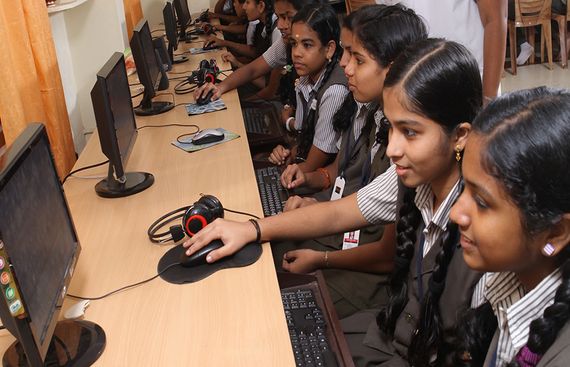Should Free Internet Access Be Made a Basic Human Right in India?

According to a recent study, people without internet access lack meaningful ways to influence global players. Everyone has the absolute right to express their freedom of opinion and this right includes freedom to seek, receive and impart data, skills and information from various media. In developing countries, Internet should be a human right, as without Internet access, people don’t have a role in the making of the rules that they must obey, which shape their everyday lives.
The researchers from Birmingham University pointed to the example of Kerala, which declared universal internet access as a human right. The state plans to provide internet for its 35 million people by this year end.
Nowadays, political debates happen online and the information relevant is shared on social media channels. According to study published in the Journal of Applied Philosophy, the world of internet can be a way of protecting the basic human rights, such as life, liberty and freedom from torture. The campaigns such as #metoo, and others helped women to bring out the sexual harassment cases on powerful women.
An international law is actually representing the ambitions of the humanity for each human being in realizing the inherent dignity and autonomy. But nothing lasts for long in this world at the moment. Everything changes, people, societies and even cultures. Along with these, technologies and science changes at a quick pace, hence certain human rights schemes should also change.
Not only India, but the European Union has also started an initiative ‘WiFi4EU’ to offer every European village and city with free wireless Internet access across the main centres of public life by 2020. However, there are over two billion people who live without affordable Internet access.
Similar to global right for health, the right for Internet access is indeed vital and studies say that, Internet will be under water by 2030. From a desktop panel to a mobile screen, from 2030 the internet can be a sensor in your favourite body part. It’s definitely time to make the Internet available for all.
Read More News :

.jpg)
.jpg)
